Empathy is a skill that comes naturally to certain people. It enables you to grasp someone’s perceptions and provide encouragement. When you transform empathy into responsibility it tends to be problematic. The obligations of an empath may drain and fatigue you.
Learn more about these responsibilities and how to set healthy limits.
In order to manipulate you and control you, we rely on certain behaviours which cause you to act out of fear. Fear of injury, isolation, financial ruin, loss of your home or loss of your children.
We also rely on your deeply embedded sense of obligation. Owing to your honesty and decency, you feel need to do certain things.
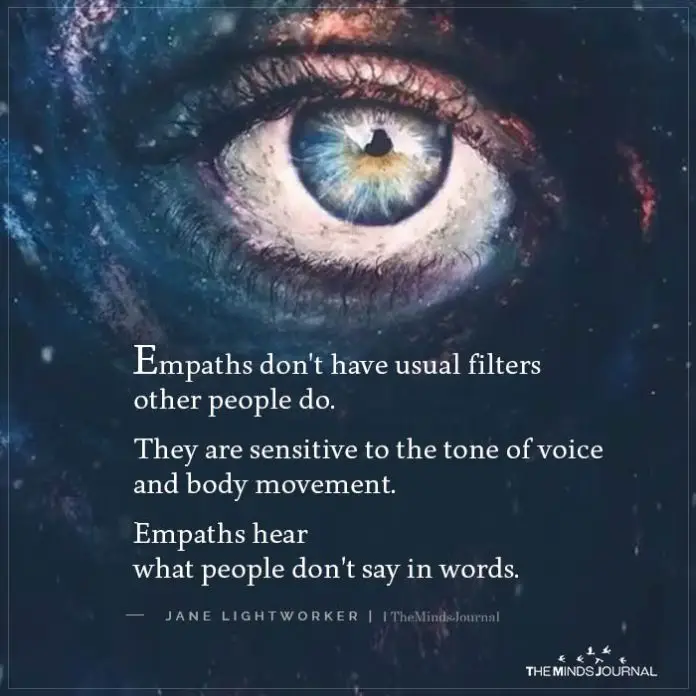
Your sense of obligation is greater than normal and we exploit this in the following ways:
10 Obligations of An Empath: What It Feels Like To Be An Empath?
1. You feel responsible for us
So much of what we do is of our own doing. In fact, next to nothing is caused by you when looked at through your worldview. From our perspective you are responsible for everything. It is always your fault and we repeatedly project and blame-shift in order to condition you to feel responsible for us.
You already have a sense of responsibility towards us. You feel a sense of responsibly to nearly everybody because of the fact you are caring and compassionate.
This increases when it comes to us because we are your intimate partner and you believe that it is the intimate partner who ranks amongst the highest who deserve such responsibility.
This increases again when you realise that we have certain flaws and you feel a need to take on responsibility for them. Indeed, combine this natural state with the conditioning that we cause and you become someone who is over-responsible for us.
2. You feel that you owe us
Once again this is a combination of the natural and the condition. You have been given such a wonderful time during the seduction period, given so much both material and emotional that you feel you do owe us.
You are also a person who is polite and well-mannered and you feel a natural desire to return favours, thank people for what they do for you and a sense of paying the debt that has arisen.
We also believe you owe us for everything we gave you during the seduction and accordingly you are obliged to repay us for the rest of the relationship and beyond. Combine these two elements and a powerful obligation of owing us is created which we are then able to exploit to our advantage.
3. You feel sorry for us
That natural sympathy people possess is available in spades with someone as empathic as you. You never regard someone as weak or pathetic but rather feel sorry for them.
You would not regard a homeless person as a stain on society but rather feel sorry that they find themselves in such a situation and you consider how they ended up where they are what might be done about it.
You realise our behaviours are abhorrent but rather than always feel angry about it, you feel sorry for us that we behave this way. You feel sorry that we cannot explain ourselves, that we lash out and behave in such a destructive fashion. Your exuding sympathy not only fuels us but it creates an obligation on your part towards us.
Related: Empath Fatigue: Why Empaths Are At Risk For Adrenal Fatigue
4. You feel guilty
Even if you know that a certain course of action is for the best, you are assailed by the guilt that you might be hurting someone, stopping them what they want to do or upsetting them in some way.
Tough love is not a concept you want to embrace as the guilt at seeing someone else hurting, as a consequence of something that you have done, is too great.
This sense of guilt forces you down different routes, often doing things which are not the best for you but nevertheless you feel obligated to do out of this considerable sense of guilt which looms large which someone empathic like you.
5. You feel a need to fix us
You are a problem solver. You enjoyed the Sound of Music when you were younger and you always felt that if you had been given the chance you would have solved a problem like Maria. You regard it as your role to heal and to fix. You are of the unshakeable mind-set that everybody can be fixed.
Everyone can be made better and when you experience the broken elements of our machinations and manipulations you do not shirk from them. Instead, you remain in situ and work out how you can resolve them.
This obligation to make things better and to heal is a central part of who you are and is readily exploited by us since we know you are unlikely to go anywhere despite how bad things are.
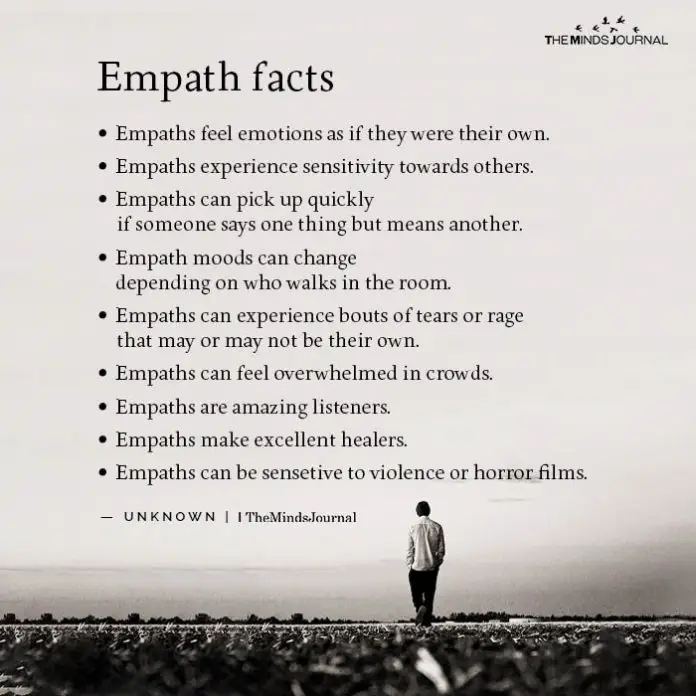
6. You feel it is your duty
You have a strong sense of duty. Duty to be an excellent parent, supportive friend, caring son or daughter, hard-working colleague and all round decent human being.
Most of all you regard your duty to your intimate partner as one where no matter how difficult things might be you are not going to walk away. This duty is often compelled from the vows that you have taken and a strong religious undertone to your personality.
Duty is paramount and from that rises the obligation.
Related: 5 Protection Strategies for Empaths
7. You feel a need to abide by your standards
So often the world appears to have lost its moral compass and therefore it falls to a diminishing group of people to right the wrongs, stand up for the vulnerable and defend the weak.
You often see that people are ruled by those twin gods of sex and money and this causes people to forget who they are and the standards they once adhered to.
This is not for you. You do not do this to be lauded by others but do so because you cannot lie straight in your bed at night if you do not uphold these standards for yourself and in your daily dealings.
This translates into treating people with patience, understanding, compassion and empathy, no matter how difficult it becomes. Some might suggest that you are making a rod for your own back.
8. You feel a need to maintain appearances
This is not done for your own benefit. You are not like us creating an image to show the world. No, you do this to maintain appearances for the sake of others. It is keeping the family together for the sake of your children so they are not upset.
It is appearing to get along with your difficult brother for the sake of your fragile elderly parents. It is taking one for the team in order to maintain an appearance so that you deal with the pain and aggravation so others do not.
This need creates an obligation in you which we are content to exploit as we know it will keep you around and stop you from speaking out about what we do.
9. You feel a need to never give up
You are not a quitter. You do not give up at the first bump in the road or black cloud. You keep going, you are tenacious. You are indefatigable and you persevere.
You plough forwards and feel that it is only right to do this because you know that the just reward will come at the end of it. Anything worth doing is worth doing properly. Anything worth having takes effort. We applaud this desire to stick at things.
Related: 10 Strange Behaviors Of An Authentic Empath
10. You feel a need to have done your best
When everything is added up and evaluated, at the end of the day, you want that satisfaction, just for yourself, to know that you did your best and you could have done no more.
You always consider whether you could have done something a different way and more effectively. You are self-critical and behave like this in order to fulfil your chosen role as a good person. This obliges you to try and try again.
These empathic obligations result in your remaining with us longer, enduring more of our abusive behaviours and forgiving more of what we do than an ordinary person. We know these obligations exist and we exploit them.
If you want to learn more about the obligations of an empath, take a look at this video on the signs of being an empath:
You need to tell yourself that you’re not responsible for how everyone feels; they have other resources and that you can be empathetic without draining yourself. So start by establishing boundaries and checking your priorities.
Written By HG Tudor Originally Appeared On Narcsite Republished with permission
Frequently Asked Questions (FAQs)
What it feels like to be an empath?
To be an empath is to empathize more than the average person. Empaths are frequently more accurate than others in identifying emotions and energy.
What does being an empath mean?
The signs of being an empath implies having the unique capacity to perceive and absorb the emotions of others, which makes empaths exceptionally intuitive, sensitive, and understanding individuals.
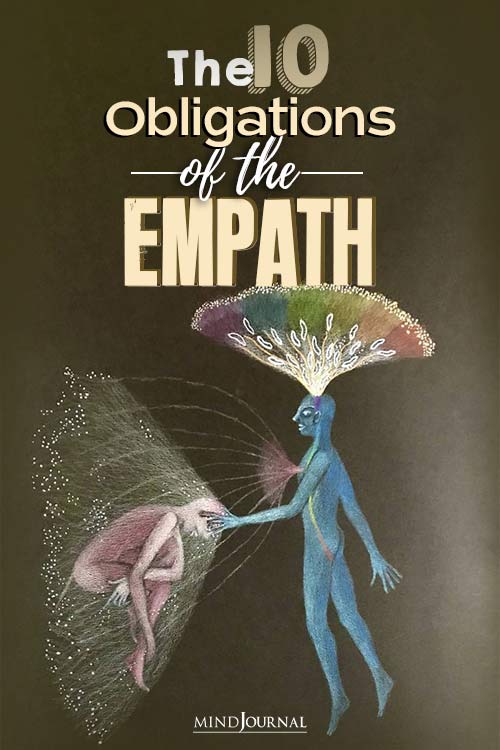


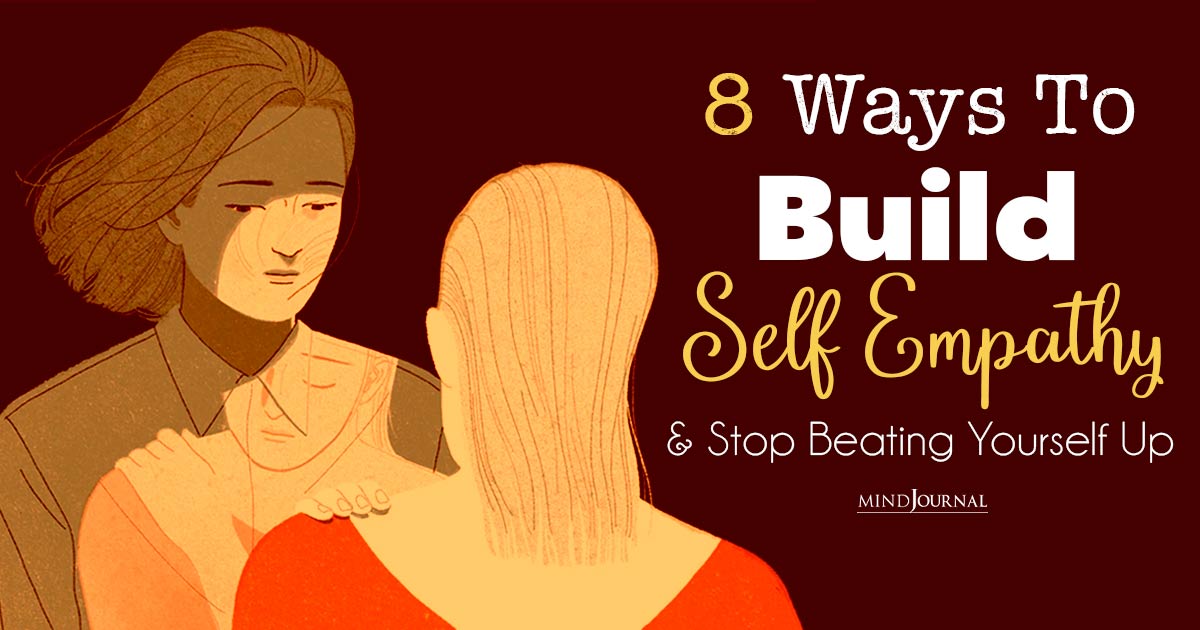




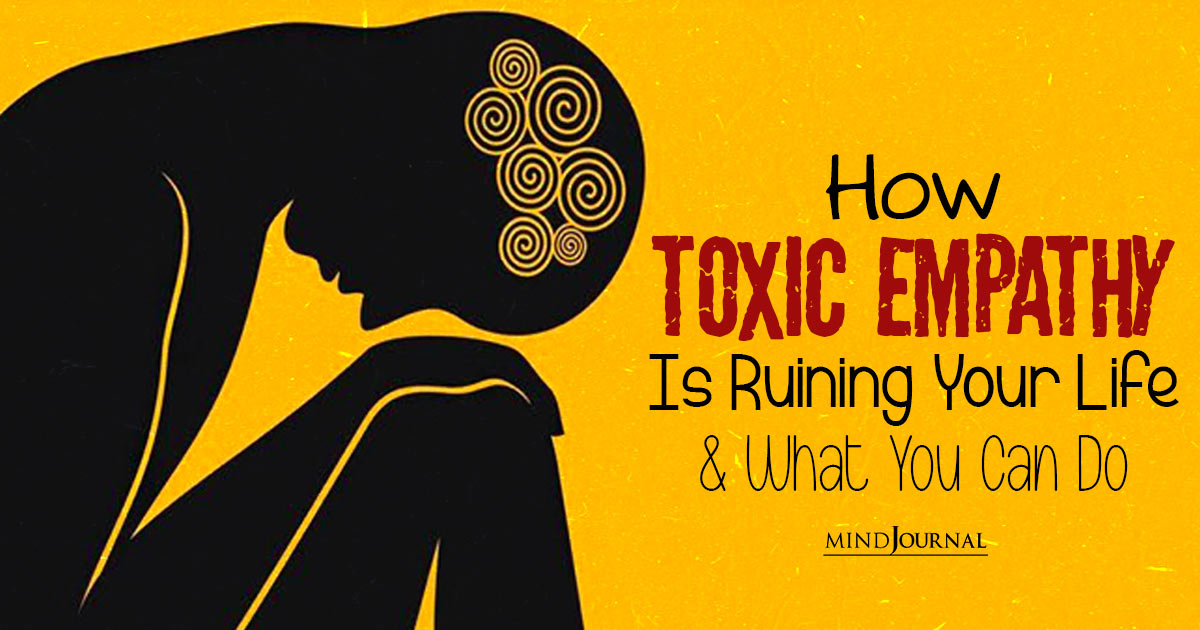
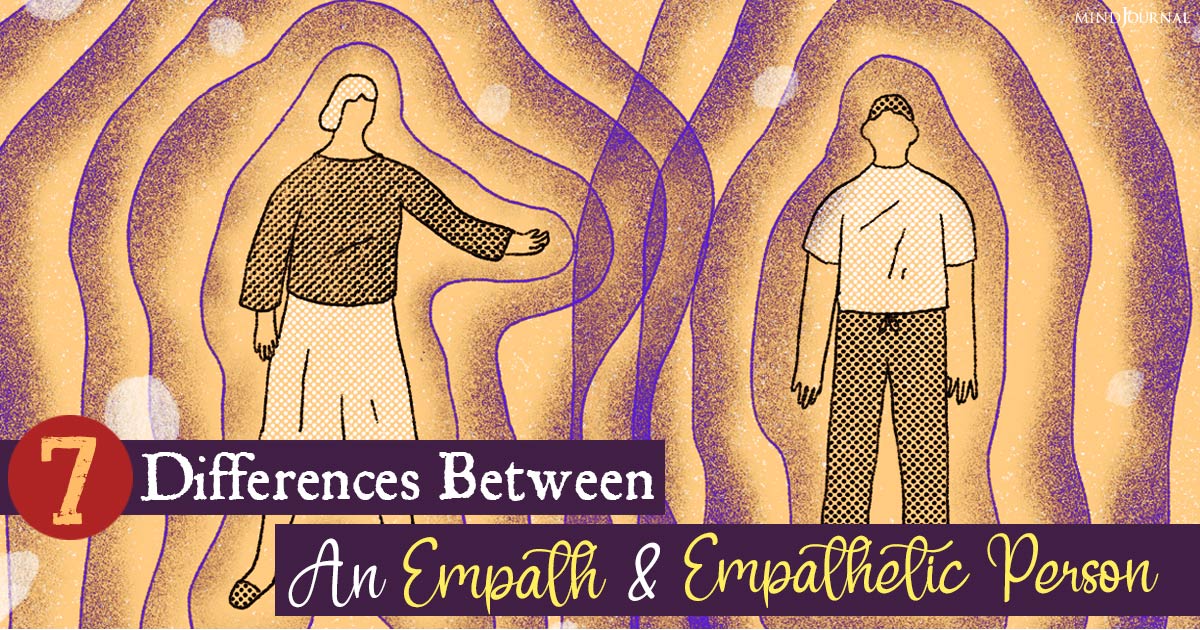
Leave a Reply
You must be logged in to post a comment.